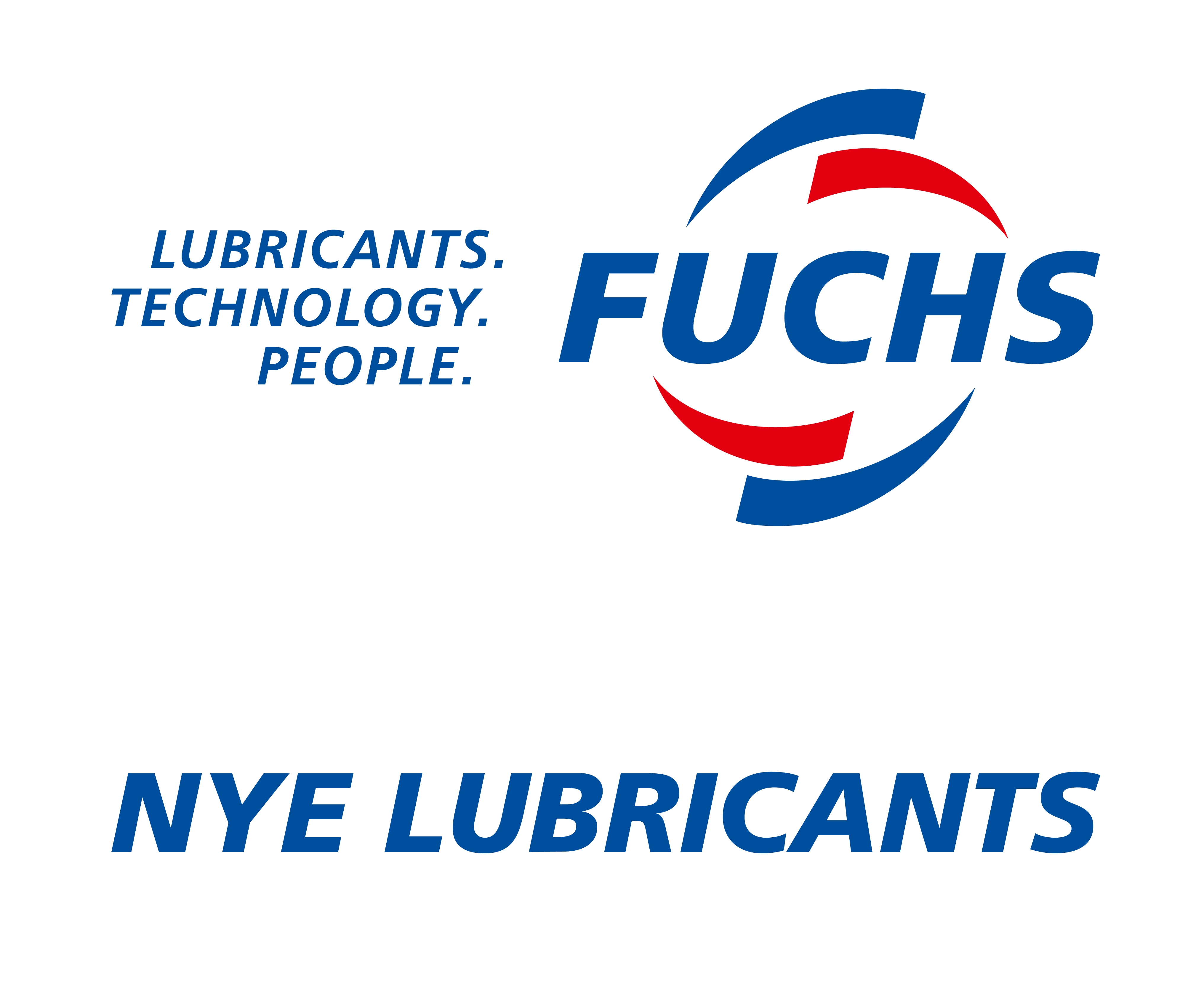Braking Components
General purpose automotive lubricants cannot withstand the temperature requirements of braking applications and are not compatible with some materials and fluids used in brake components. At elevated temperatures general purpose automotive lubricants will burn or oxidize, adding debris to the braking components which accelerates wear and creates noise, vibration, and harshness.

Nye’s specialty lubricants are formulated for braking applications and can withstand a wide temperature range, are compatible with all materials within the braking system and last longer than general purpose lubricants which extends the time between service intervals.
Lubricants for the bearing and piston of the ABS drive unit must be fully compatible with EPDMs and operate reliably at low temperatures of -50 °C. A medium viscosity, fluorinated grease fortified with PTFE is recommended.
Bearing - Uniflor™ 8512R
Grease reduces the force required to assemble the dust boot and piston assembly. A medium viscosity silicone grease that is compatible with EPDMs and has a wide temperature range of -40 °C is recommended.
Dust Boot - Rheosil 500F
EPBs require low temperature performance and advanced wear protection. A light viscosity ester/PAO blend grease fortified with MoS2 and a temperature range of -50 to 130 °C should be considered.
Lead Screw - Rheolube® 380
Lubricants for caliper pins must withstand high temperatures experienced during braking and be compatible with EPDMs. A high viscosity grease with a temperature range of -40 to 200 °C is ideal.
Caliper Pin & Slider Boot Seal - Fluorocarbon Gel 880, Fluorocarbon Gel 990A, Rheosil 500F
A synthetic grease will prevent a ratting noise between the brake pad and caliper. A medium viscosity calcium sulfonate grease with excellent water washout / spray-off resistance should be selected.
Lubricants prevent contact points from seizing. A high viscosity silicone grease compatible with EPDMs and a wide temperature range of -40 °C to 200 °C are recommended to withstand the high temperatures experienced during braking.
Contact Points & Support Plates - Fluorocarbon Gel 880
Without lubrication cables will wear and seize due to environmental factors. A high viscosity silicone grease allows grease to migrate through the length of the cable for complete protection.
Cable - Fluorocarbon Gel 880, Fluorocarbon Gel 990A, Rheosil 500F
Lubricants for Automotive Braking Components
| Product | Chemistry (Base Oil / Thickener) | Temp. Range | Product Description | Application Notes |
|---|---|---|---|---|
| RHEOSIL 500F | Dimethyl Silicone/PTFE | -40 to 200 °C | A medium viscosity grease. Benefits include plastic and metal compatibility. | Dust Boot Caliper Pin & Slider Boot Seal Control Cable |
| FLUOROCARBON GEL 880 | Dimethyl Silicone/PTFE | -40 to 200 °C | A heavy viscosity grease. Benefits include excellent water and water spray resistance and mechanical stability. | Contact Points & Support Plates Caliper Pin & Slider Boot Seal Control Cable |
| FLUOROCARBON GEL 990A | Dimethyl Silicone/PTFE | -40 to 200 °C | PTFE thickened, heavy viscosity, synthetic hydrocarbon grease. Fortified with EP and rust inhibiting additives. | Contact Points & Support Plates Control Cable |
| RHEOLUBE 380 | PAO-Ester/Lithium Soap | -50 to 130 °C | A light viscosity grease. Benefits include extended life in heavily loaded applications. | Lead Screw |
| UNIFLOR 8512R | PFPE/PTFE | -50 to 225 °C | A medium viscosity grease. Benefits include resistance to fuels or aggressive chemicals, excellent thermo-oxidative stability and low vapor pressure. | ABS Bearings |

